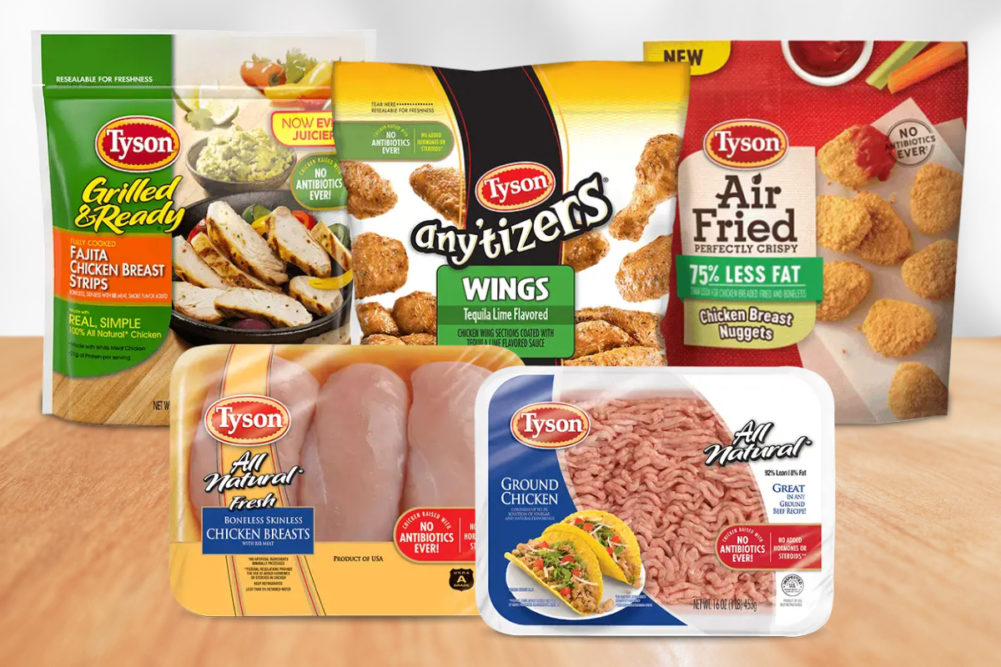Tyson Foods Inc. witnessed a significant downturn in its shares, experiencing the most significant drop since August. The plunge comes as the company grapples with the impacts of persistent inflation, coined “Bidenflation,” which has dampened consumer demand for its branded and ready-to-eat offerings.
Tyson Foods’ shares tumble more than 9% as inflation crimps demand for meat https://t.co/naAi5t0E1V pic.twitter.com/y6c9Mjy0ZZ
— New York Post (@nypost) May 6, 2024
During a conference call with analysts, Melanie Boulden, overseeing Tyson’s Prepared Foods business, highlighted the challenges posed by high inflation and low saving rates. She emphasized that consumers are prioritizing essential staples over discretionary purchases, impacting the company’s profits significantly. The prepared foods segment, known for brands like Wright and Jimmy Dean, is expected to face reduced profitability in the coming months.
Boulden noted that lower-income households, in particular, are feeling the pressure of cumulative inflation, which has risen by 20% over the past three years. This has led to a more cautious and price-sensitive consumer base, impacting retail sales.
The market response was immediate, with Tyson shares plunging by as much as 9.4% in New York, reaching their lowest level since March. Concerns about Tyson’s ability to restore profitability quickly, especially after last year’s challenges, are mounting. While the chicken and pork businesses have shown improvement, the beef segment, Tyson’s largest, continues to struggle due to a shortage of cattle in the US.
Tyson Foods’ recent stock plunge underscores the broader economic challenges posed by inflation and consumer behavior. As the company navigates these headwinds, investors remain vigilant about its ability to sustain profitability amidst ongoing market volatility.

